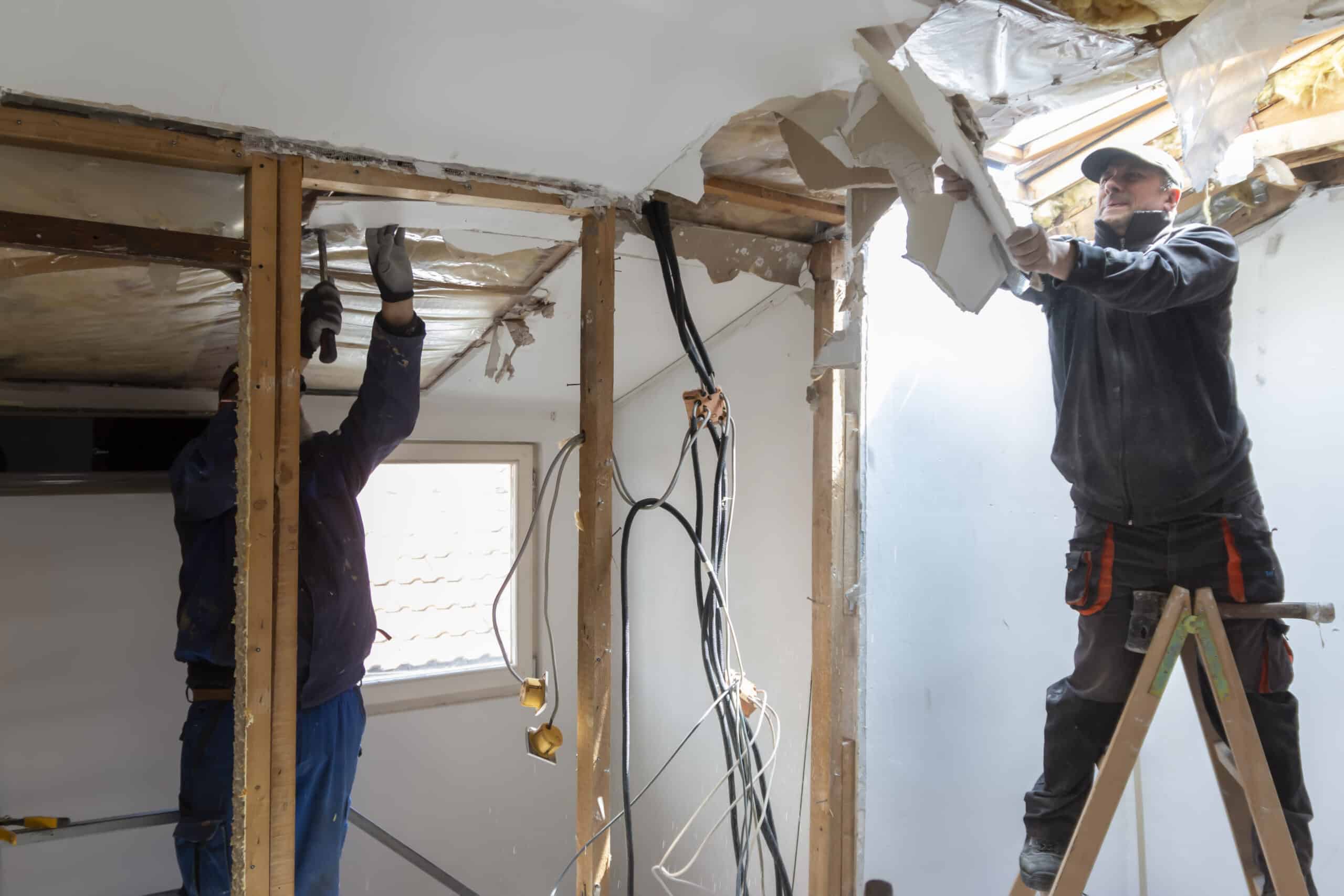
"Meet Bill and Karen, a couple in their early 60s who have recently become empty nesters. With their children grown and out of the house, they've started thinking about upgrading their home, dreaming of a $150,000 renovation to finally get the perfect kitchen and expanded living space for entertaining. They can pay for the renovation in cash, but doing so would likely push their retirement back by five years."
"Before moving forward, Bill and Karen need to understand the full financial impact of spending $150,000 on the renovation. While they plan to pay in cash and avoid taking on debt, this would significantly reduce their savings and could slow the growth of their retirement investments. Even though it feels good to avoid debt, using this large sum now means losing the potential returns it could generate if left invested."
Bill and Karen, both in their early 60s and newly empty nesters, are weighing a $150,000 home renovation against their planned retirement timeline. Paying cash would avoid debt but materially reduce their savings and forfeit potential investment returns. A hypothetical 5% annual return could grow $150,000 to nearly $190,000 in five years, roughly $170,000 after inflation, illustrating the opportunity cost. Spending the cash now may make their retirement fund less robust and could delay retirement by several years. They should quantify impacts, compare alternatives, and weigh lifestyle benefits against long-term financial security.
Read at 24/7 Wall St.
Unable to calculate read time
Collection
[
|
...
]